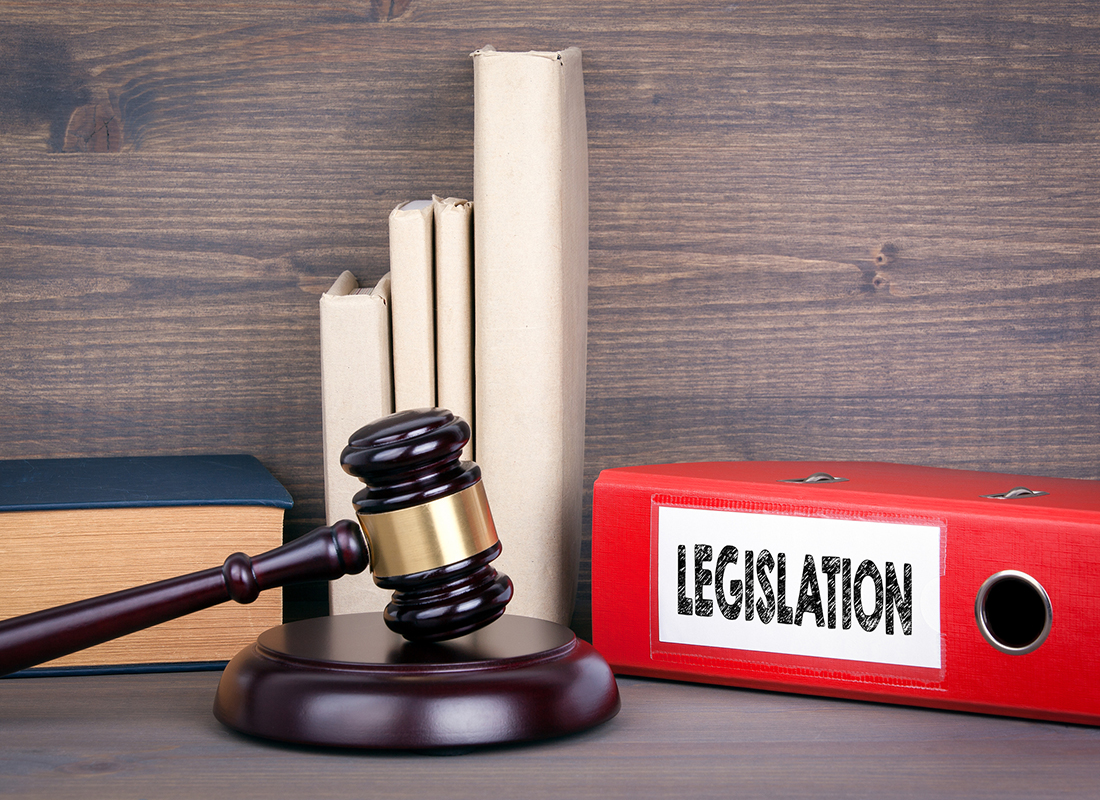False Claims Act (FCA) changes may be afoot in not only the US Supreme Court but also Congress. A bipartisan bill recently reintroduced by influential Republican senator Chuck Grassley aiming to amend the FCA passed unanimously in the Senate on April 3. Earlier this year, Grassley said he planned to reintroduce the bill in response to Universal Health Servs., Inc. v. United States ex rel. Escobar, a landmark 2016 Supreme Court ruling on the “materiality” requirement of the law.
Explanation: The FCA bans knowingly presenting, or causing to be presented, a false or fraudulent claim to the government for payment or approval or knowingly making, using, or causing to be made or used, a false record or statement material to a false or fraudulent claim (emphasis added). Escobar sets out the factors for courts to consider in deciding whether a false statement or omission was material to the government’s decision to pay an allegedly false claim, including:
- Whether the government expressly identified compliance with a specific statutory, regulatory, or contractual requirement as a condition of payment
- Whether the government generally refuses to pay claims that fail to meet the specific statutory, regulatory, or contractual requirement
- Whether the government has continued to pay claims despite actual knowledge of noncompliance with the requirement
- Whether the alleged noncompliance is considered minor or insignificant, or if it goes to the “very essence of the bargain”
The Grassley bill, if it passes the House, would tweak the Escobar test by clarifying that the decision of the government “to forego a refund or pay a claim despite actual knowledge of fraud or falsity shall not be considered dispositive [to the question of materiality] if other reasons exist” for the government’s refund or payment decision. The upshot would be to make it easier for the government and whistleblowers to prove materiality.
